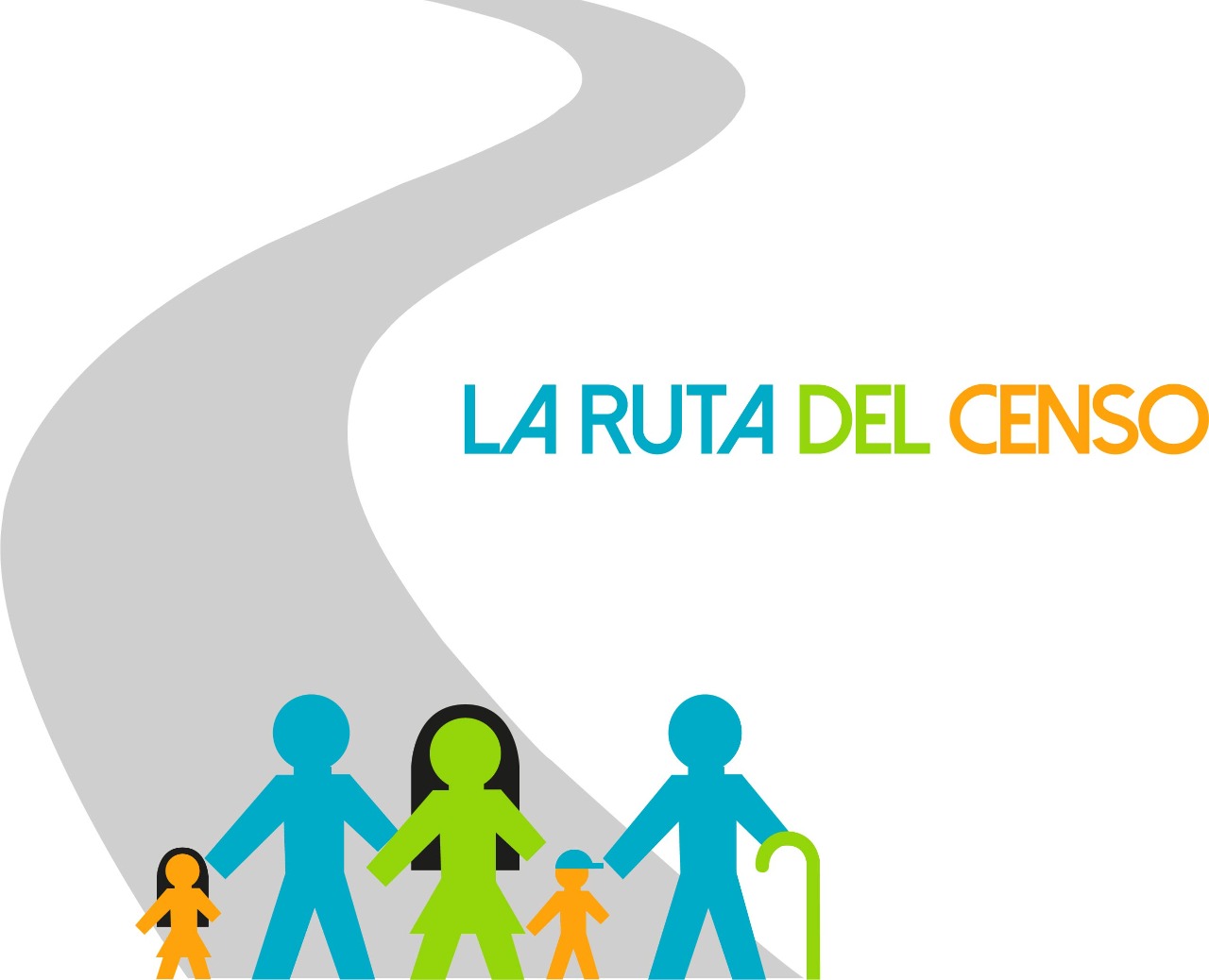By: Lucio Muñoz: Independent Qualitative Comparative Researcher / Consultant, Vancouver, BC, Canada Email: munoz@interchange.ubc.ca
Abstract
There are three types of development paths, the fully irresponsible one, the partially responsible one, and the fully responsible one. From 1776 when Adam Smith published “The Wealth of Nations” to 2012 the capitalist world was under fully irresponsible economic development accumulating social and environmental deficits in the process, which led to the death of Adam Smith’s world and prompted the 2012 shift towards green markets and the birth of green capitalism. From 1848 when Karl Marx and Friedrich Engels published “The Communist Manifesto” until 1991 the socialist world was under fully irresponsible red socialism accumulating economic and environmental deficits in the process, which led to the fall of the soviet bloc, the end of Karl Marx’s world and to the birth of socially friendly capitalism. Notice that when business as usual is no longer possible under fully irresponsible paradigms(e.g. bare capitalism, red socialism) they shift to partially responsible paradigms(e.g., green markets, red markets).
And notice that in the future when business as usual under partnership based paradigms no longer works due to sustainability gap pressures they will shift towards fully responsible paradigms(e.g. sustainability markets). No much seems to be written about the role of responsibility in the evolution of development paradigms despite that there seems to be a one to one relationship between paradigm shifts and increasing responsibility. Among the goals of this paper is to introduce the general development based increasing responsibility framework that can be used to point out that as development paradigms shift from less responsible forms to more responsible ones as they are moving towards sustainability, the most responsible development paradigm possible.





